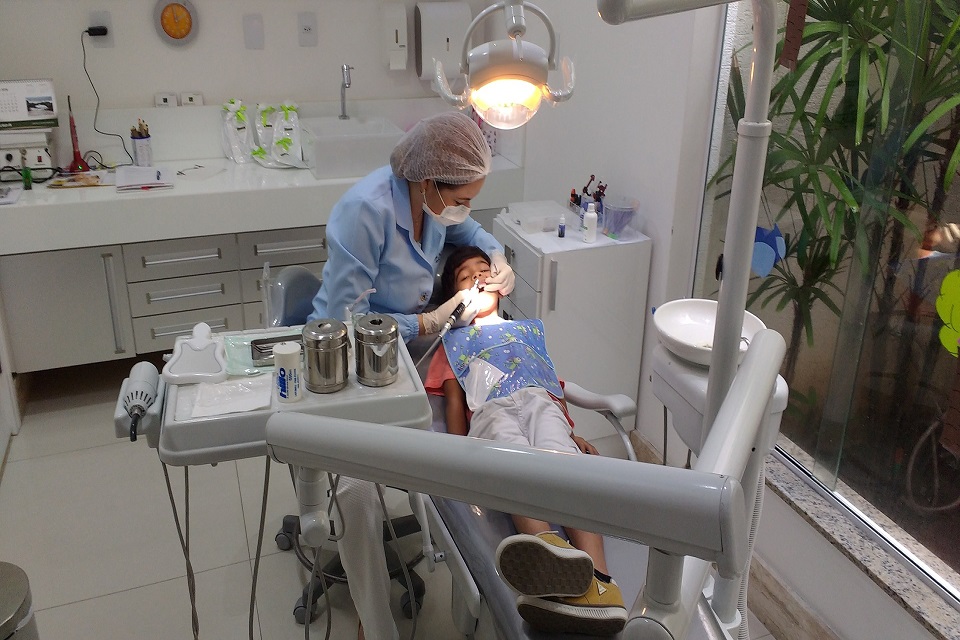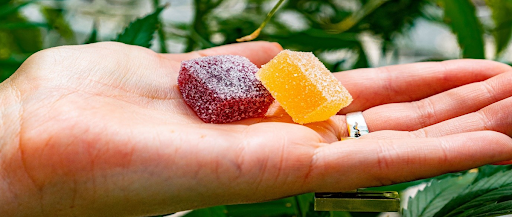What Are Probiotics?
Probiotics: the word you can come across quite often when looking at infant formula labeling. People, in general, are convinced they are massively wholesome. Brands seem to wholeheartedly support that conviction. But what are probiotics really? How do they work and should they necessarily be a part of your little one’s diet?
What are probiotics?
Probiotics are beneficial bacteria that improve bowel movement. They also help your body fight harmful microorganisms in your intestines. They live in both the small and large bowel and suppress the growth of harmful bacteria. This way, they help improve digestion and the absorption of nutrients. As a result, your immune system gets stronger.
Why do they add probiotics to baby formula?
There are a few reasons why they add these beneficial bacteria to infant foods. One of them is that breastmilk contains quite a lot of probiotics and prebiotics. Formula brands are known to do all they can to mimic human milk as much as possible.
Breastmilk is a living substance. Its bioactive components are critically important for a baby’s healthy growth and development. They strengthen an infant’s body’s defensive system. These living components are actively and effectively protect and support your little one’s health. However, they are unique to human milk. They change and evolve as your child’s needs change with age. No synthesized formula can be quite the same.
All organic baby formulas, whether they are based on cow’s milk, goat’s milk, or any milk substitute (like soy), are the products of mass production. Their ingredients don’t and they can’t contain any live bacteria. This is why many formula brands try to reproduce the prebiotics and probiotics in mother’s milk to add them to their products.
Adding these live bacteria to infant foods is supposed to help normalize bacterial balance in a baby’s intestines. You can find probiotics in baby products such as Holle formula, Loulouka formula or HiPP.
Why your baby might need probiotics
Human milk contains special bacteria called the Bifidus factor. They support the growth of Lactobacillus microorganisms in your baby’s intestines. These are lactic-acid bacteria and help to protect a tiny person’s body from harmful bacteria and viruses. They do it by creating an acidic environment where harmful microorganisms can’t survive.
Possible advantages of probiotics in baby formula
- Some research has shown that probiotic-rich formulas help prevent and treat infectious diarrhea and eczema in babies.
- Also, other beneficial properties of probiotics are being researched now. For example, their alleged ability to lower the risk of food allergies and asthma.
- It’s also suggested that good bacteria can help prevent urogenital system infections and ease intestinal colic.
It’s generally believed that probiotics are massively beneficial to formula-fed babies. They lower the risk of illnesses and remove digestive discomfort. This means your baby sleeps better and cries less. As they say, a happy baby means a happy mom.
That being said, there’s still no 100% proof of the advantages and benefits of probiotics added to infant formulas. This is why you should always talk to a medical professional about adding probiotics-enriched milks to your infant’s diet.





